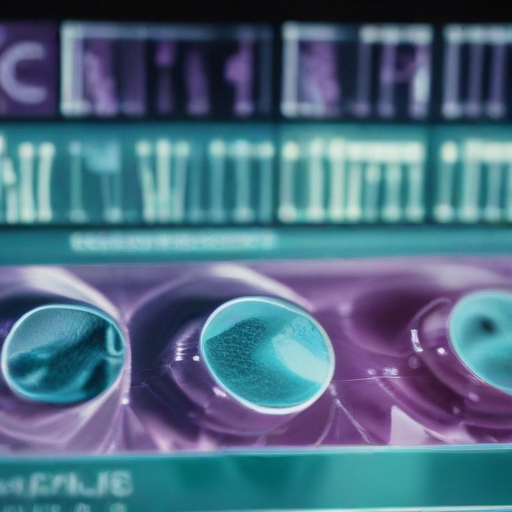Avenda Health, an AI healthcare company, claims that its software can detect prostate cancer with greater accuracy than traditional methods employed by doctors.
In a recent study involving ten physicians, each evaluating 50 prostate cancer cases, Avenda’s Unfold AI software achieved an impressive detection accuracy of 84.7%. In comparison, the doctors’ manual assessments produced accuracy rates ranging from 67.2% to 75.9%. This research, conducted in collaboration with UCLA Health and published in the Journal of Urology, revealed that using AI for cancer contouring led to predictions of tumor size being 45 times more accurate and consistent than those made without AI support.
Dr. Shyam Natarajan, an assistant adjunct professor of urology, surgery, and bioengineering at UCLA and senior author of the study, noted that AI assistance enhanced the accuracy and consistency of doctors’ assessments, resulting in greater agreement among them. He pointed out the limitations of traditional MRI scans, which can sometimes miss tumors that are “MRI-invisible,” indicating that AI technology can fill these gaps effectively.
Dr. Wayne Brisbane, an assistant professor of urology at UCLA, emphasized the benefits of integrating AI into cancer treatment. He stated that the technology could facilitate more effective and personalized healthcare, allowing therapies to be tailored to each patient’s unique needs and improving treatment success rates. He also stressed that AI has the potential to exceed human capabilities in certain areas.
Avenda Health’s CEO, Dr. Shyam Natarajan, expressed optimism about the validation of such innovative technologies through rigorous studies and recognition from the AMA.
Prostate cancer remains a significant health concern in the United States, with approximately 1 in 8 men diagnosed during their lifetime and 1 in 44 succumbing to the disease, according to figures from the American Cancer Society. In 2023, it is estimated that there will be 299,010 new cases of prostate cancer, with 35,250 fatalities attributed to the disease.
This advancement in AI technology not only holds promise for enhancing diagnostic accuracy but also fosters hope for improved treatment outcomes, ultimately benefiting patients facing prostate cancer. As AI continues to evolve, it paves the way for more innovative and effective approaches in cancer care and beyond.
